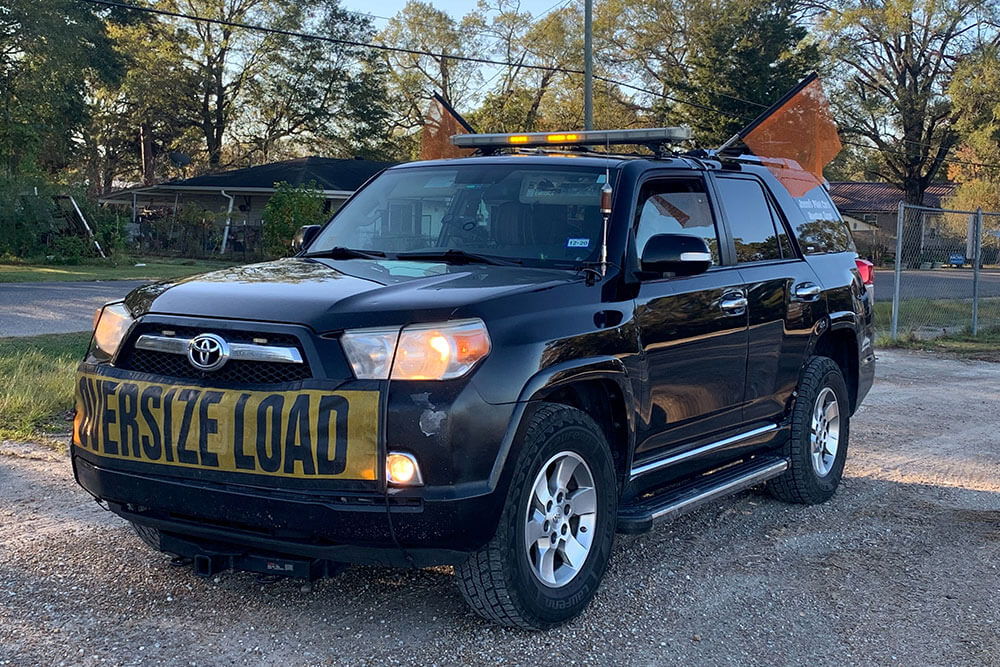As the seasons change and fall approaches, pilot car operators in the United States and Canada need to be prepared for the challenges that come with shorter days and changing weather conditions. To ensure safety and efficiency on the road, it is crucial for pilot car operators to take proactive measures to adapt to the new autumn conditions. In this article, we will discuss how pilot car operators can effectively prepare for fall weather and shorter days.
1. Check Your Equipment
- Inspect all safety equipment, including flags, signs, and lights, to ensure they are in good working condition.
- Make sure your vehicle is equipped with proper visibility tools such as reflective tape and bright colors for enhanced visibility in darker conditions.
2. Monitor Weather Conditions
- Stay informed about weather forecasts in your area and along your planned route.
- Be prepared for sudden changes in weather by having appropriate gear such as rain gear, warm clothing, and extra blankets in your vehicle.
3. Adjust Your Schedule
- With shorter daylight hours in the fall, plan your trips accordingly to avoid driving during dusk or dawn when visibility is reduced.
- Allow extra time for each trip to account for potential delays due to weather conditions or shorter days.
4. Increase Your Awareness
- Stay vigilant and be extra cautious when driving in foggy, rainy, or snowy conditions.
- Keep a safe distance from the vehicle you are escorting and maintain a steady speed to ensure a smooth and safe journey.
5. Communicate Effectively
- Maintain open communication with the driver of the vehicle you are escorting to coordinate any necessary stops or route changes.
- Use two-way radios or other communication devices to stay in constant contact with the driver and other team members.
6. Take Care of Yourself
- Get an adequate amount of rest before each trip to ensure you are alert and focused while on the road.
- Stay hydrated and have snacks on hand to maintain your energy levels during long trips.
7. Be Prepared for Emergencies
- Carry an emergency kit in your vehicle with essentials such as first aid supplies, flashlight, extra batteries, and non-perishable food items.
- Familiarize yourself with emergency protocols and have a plan in place in case of unexpected situations.
8. Stay Informed
- Stay updated on industry regulations and best practices for pilot car operations to ensure compliance and safety.
- Attend training sessions or workshops to enhance your skills and knowledge as a pilot car operator.
Final Thoughts
Preparation is key for pilot car operators to navigate fall weather and shorter days successfully. By checking equipment, monitoring weather conditions, adjusting schedules, increasing awareness, communicating effectively, taking care of themselves, being prepared for emergencies, and staying informed, pilot car operators can ensure a safe and efficient journey for themselves and the vehicles they escort. Remember, safety should always be the top priority on the road, especially during the unpredictable fall season.

